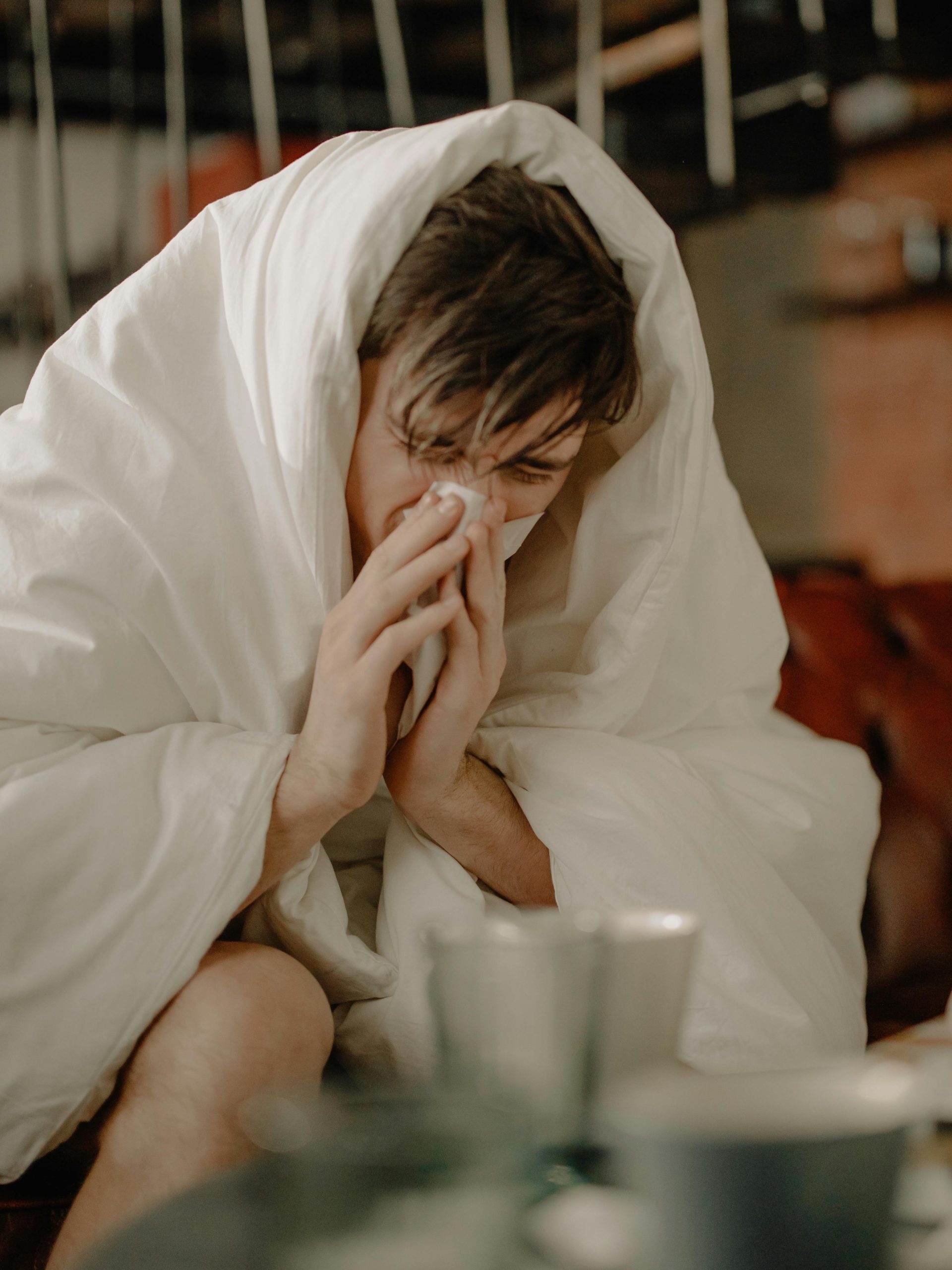Many men have heard the myth that the penis can “break” like a bone. This misunderstanding causes confusion and sometimes fear around normal penis function and injuries. At Penis Life Matter, we want to clarify what really happens to the penis during injury, what a penile fracture means, and how to recognize and respond to any damage.
Understanding Penis Anatomy: Why It Can’t “Break”
Unlike many other parts of the body, the penis does not contain bones. Instead, it is made up of soft, spongy tissue designed to fill with blood and become erect during sexual arousal.
The main structures include:
- Corpora cavernosa: Two cylinders that fill with blood to create an erection.
- Corpus spongiosum: A smaller cylinder surrounding the urethra (the tube urine and semen pass through).
- Tunica albuginea: A tough, fibrous covering around the corpora cavernosa that helps trap blood inside to maintain an erection.
Because there is no bone, the penis cannot “break” in the traditional sense. However, it can suffer from a serious injury called penile fracture, which is a tear in the tunica albuginea.
What Is Penile Fracture?
A penile fracture occurs when there is a sudden trauma to an erect penis, causing the tunica albuginea to rupture. This can happen during vigorous sexual activity, accidental bending, or direct injury.
Symptoms of Penile Fracture
- A popping or cracking sound at the moment of injury.
- Immediate loss of erection.
- Severe pain and swelling.
- Bruising and deformity of the penis.
- Difficulty or pain when urinating (if the urethra is damaged).
Causes of Penile Injury
Penile fracture is rare but can occur during:
- Aggressive sexual intercourse, especially positions that apply force or bending.
- Accidental bending of the erect penis, for example, when rolling over in bed.
- Masturbation with excessive force.
- Trauma from accidents or blunt injury.
What to Do If You Suspect a Penile Injury
A suspected penile fracture is a medical emergency. If you experience the symptoms above:
- Go to the emergency room immediately.
- Do not try to bend or straighten the penis yourself.
- Avoid applying ice or medications unless instructed by a doctor.
Early treatment often requires surgery to repair the torn tissue and prevent long-term problems.
Complications of Untreated Penile Fracture
If left untreated, penile fracture can lead to:
- Permanent curvature or deformity (Peyronie’s disease).
- Erectile dysfunction.
- Pain during erections or sex.
- Urinary problems if the urethra is injured.
Other Common Penis Injuries and How to Handle Them
Not all penis injuries are fractures. Other issues can include:
- Bruises or hematomas: Usually caused by blunt trauma, these are generally less serious and heal with rest.
- Skin tears or cuts: Minor cuts can be cleaned and treated with basic first aid.
- Penile swelling: Can result from infection or allergic reactions and may need medical evaluation.
Preventing Penis Injuries
While accidents happen, there are ways to reduce the risk of injury:
- Communicate with your partner about comfort during sex.
- Avoid overly vigorous or risky sexual positions.
- Use lubrication to reduce friction.
- Be careful during masturbation to avoid excessive force.
- Wear protective gear during sports or activities that risk trauma.
Myths About Penis Injuries
- Myth: The penis can snap loudly like a bone breaking.
Truth: While a popping sound may occur, it is from tissue tearing, not bone breaking. - Myth: Penile injury is always visible.
Truth: Some injuries may be internal or less obvious but still painful and serious. - Myth: You can wait to see if the pain goes away.
Truth: Delay in treatment can cause complications.
Penis Life Matter Advice
Penile injuries are rare but serious. Know the difference between myths and facts, and act quickly if you suspect damage.
Your penis is resilient but deserves care and respect. Protect it by being informed and cautious, and never ignore pain or unusual symptoms.



